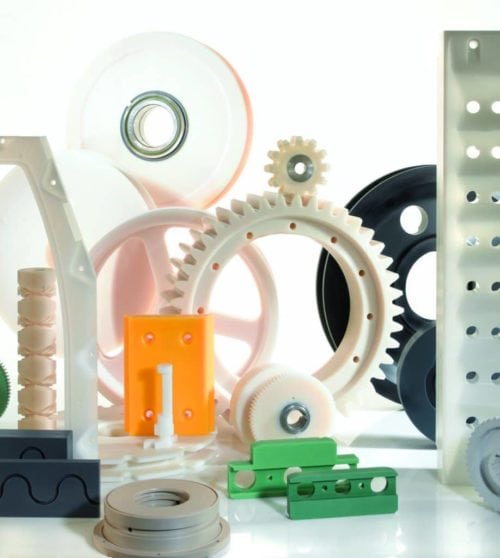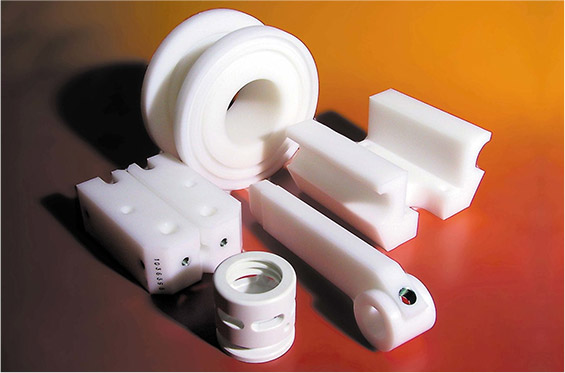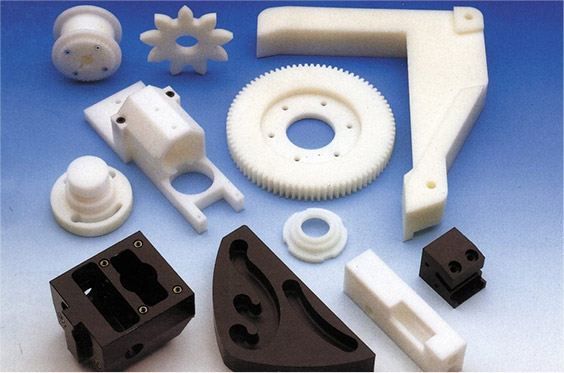Acquired by WS Hampshire in 2017, Timco has provided decades of material expertise and been a proven leader in the expanded use of engineered thermoplastics for industrial equipment by improving efficiency and reducing maintenance requirements.
WS Hampshire is proud to carry on Timco’s excellent reputation of supplying into construction equipment, material handling equipment, and rolling mills while being the largest supplier of machined non-metallic sheaves in North America.





